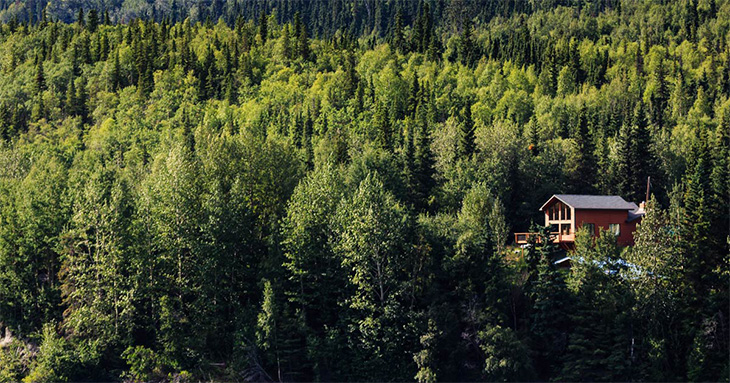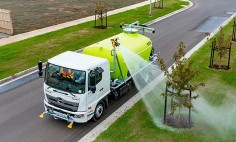We all dream of giving up the rat race, packing up and going to live off-grid. But what does this mean in practice? It’s not really a set thing, and many people live off-grid in bigger and smaller ways. Here are some of the most important things to consider and some of the ways to do them.
Choose the Best Location
Where to live off-grid is an important part of the decision? You will need to take into consideration the cost of land and whether there are going to be any blocks on your building or putting up structures. Is it far enough away for you to consider it off-grid? For some merely being out of town is enough and for others, it needs to be off the beaten track away from all civilization and not accessible by road, etc.

Build or Convert?
Are you confident enough to build a dwelling yourself then great, but there is a lot to consider? You need to make it water and windproof, warm and cozy and large enough for you. Even though it’s off-grid you still need to be aware of planning and construction laws, so that you don’t end up having to tear it down after all your hard work. You can also find a remote property and renovate it, like this tiny house, for example.
Power
Unless you are willing to truly leave society behind you are going to want to know how to provide power for yourself. These days with the rise of environmental concerns renewable energy that doesn’t require large infrastructure is more accessible than ever. Many ready to use solar power kits are available, designed for use in RVs, work equally as well in off-grid housing, check out this solar kit advice to see what you can get.
Grow Your Own Food
This is such a wide topic and there’s far too much to be going into to fully cover here, but if you want to check out this comprehensive guide to the subject. But what you essentially need to decide is if you want to grow absolutely everything from scratch, or if you just want to supplement your food supply.
Waste
You’ll need to be aware of what to do with waste. This both includes garbage, from cooking and general living, and much of this can be composted, which in turn can be used as fertilizer for your vegetable garden. The other issue is going to be what to do with human waste, and this is particularly important due to sanitation issues. You will need to ensure that you keep it away from your water supply and one way of doing this is to install a septic tank. This is common in rural properties where there is no access to mainline sewage systems. The only real issue is that you would need to have it emptied and if you are far off-grid this may not be possible.















